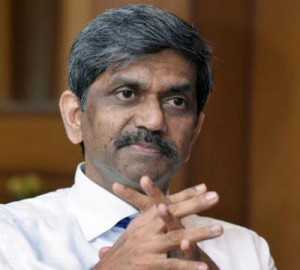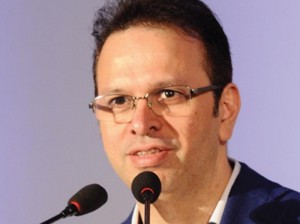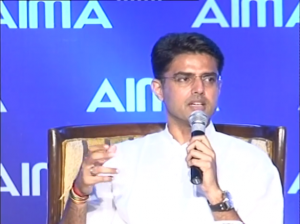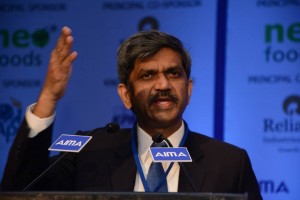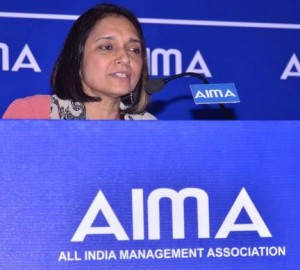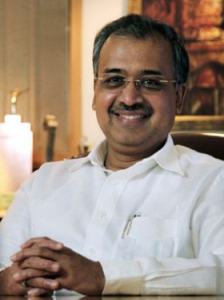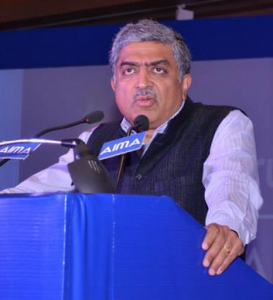
Vanitha Narayanan, Managing Director, IBM India
In another session at AIMA’s 41st National Management Convention, Vanitha Narayanan, Managing Director, IBM India explained the part played by the technology in reinventing India, along with other fellow speakers, discussing the prime concerning points such as-
– What can technology do to reinvent India?
– What measures will tell us that we are successful on the journey?
– What early warning signals will tell us that we are failing on the journey?
In this session, she talked about the technological reforms which are necessary for changing the current rigid system. She said that we have talked about growth till know. If we are looking at sustainable growth, I think digital is not an option. It should be within the fabric of everything we do. So when we look at different elements of foundation of things, we can talk about commerce and retail as we are clearly seeing lot of digital in that space and good thing about that, other than giving us more shopping choices, is access to goods and services, which ultimately improves reach of more Indians. At economic level, it reduces the overall cost and approximately 30% improvement is recorded when digital medium is used to serve in for your supplied chain across the board in your new market. It is due to the fundamental value proposition which is present there. The thing which is going to drive sustainability is employment. For those in technical business, when we talk growth of India on the back of I.T. services, key issue which plagues us from going forward, to keep up that growth and to move into new areas is a qualified workforce
A qualified workforce will continue to be on the cutting edge of technology. This means we need improving in the quality of education and increasing reach of improved quality education. And that’s where the digital comes in again. So today with the brick and mortar education system that we have and new schools we open, supply-demand equation is not satisfied. The question comes that if we have enough good teachers, enough classrooms and the right curriculum to produce good yield. We started doing research in India for next level of education which will include planned sections like tailored education, personalized education, employable education etc. which is what we have to invent and scale so that it can create a qualified workforce which can contribute on digital economy.
When we talking about devices, a piece of trivia, there are more smart phones and tablets that are purchased or sold on daily basis than babies are born in the world today. So until you realize the fast adoption of technology, it will already have an impact. It’s all about access. It’s about having and giving access to more than people ever had in normal structure. For a digital economy, there is something that is very foundational – there are no geographical borders. A digital world in that sense is borderless and based on free flow of data. When we put constraints around, it will trifle innovation and impact our ability to leap forward. If we build walls in digital worlds, just as we don’t want certain things to go out, other things may not enter as well, therefore hampering the growth of country on digital frontiers. She rounded up her speech saying that there are numerous technological reforms if done in proper way, can lead to new innovative and changed India.



